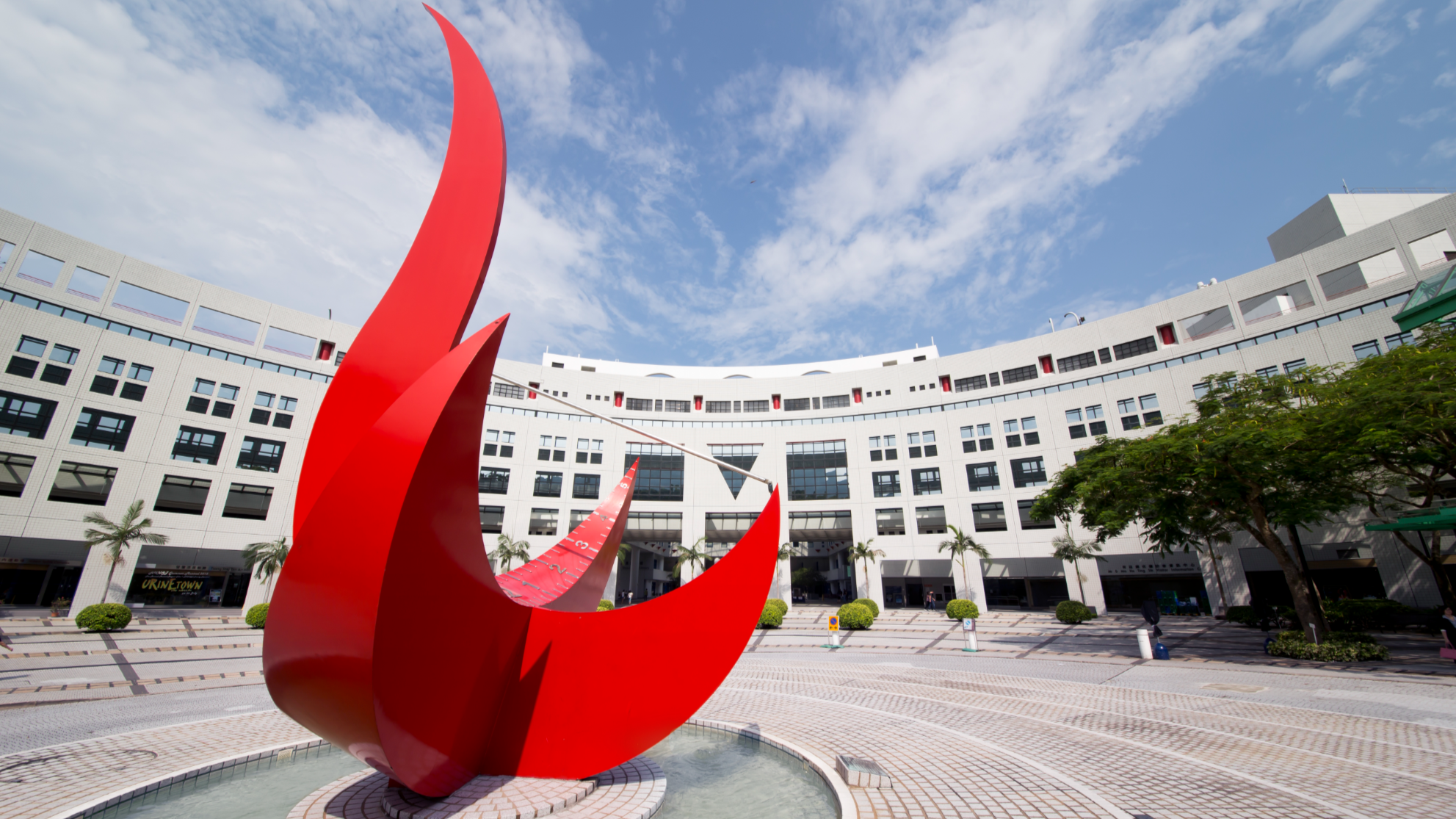
The Hong Kong University of Science and Technology (HKUST) has extended six offers to students displaced from Harvard University, after pledging to expedite their admission to uphold global academic solidarity.
In an exclusive interview with China Daily, Charles Ng Wang-wai, dean of the HKUST Fok Ying Tung Graduate School, revealed that five of the six students offered placements have already accepted and been awarded scholarships , with one decision still pending.
The five students are from Pakistan, Georgia and the Chinese mainland as well as other countries.
Several more applications are under review, as HKUST fast-tracks approvals to accommodate what are commonly known as “Harvard refugees” — students facing disrupted education due to recent turmoil at US campuses.
HKUST is the first university in Hong Kong to extend such invitations, and announce that Harvard students have formally accepted offers.
HKUST said it had received nearly 200 inquiries from students worldwide since announcing support measures for those affected by recent US policy changes.
Ng, who is also the vice-president of HKUST’s Guangzhou campus, stressed that HKUST’s rapid response aligns with its mission to support international scholars, as well as the institution’s long-running drive to internationalize its student body.
"We must lend support when peers like Harvard face challenges — this is academic solidarity in action," he said.
He said the university has waived bureaucratic hurdles for transfers and also welcomes short-term exchanges for affected students.
A dedicated committee addresses queries on tuition, housing, and credit transfers — part of a broader effort to make transfers seamless.
The move builds on HKUST’s existing policies to attract global talent.
ALSO READ: US federal judge allows Harvard hosting foreign students
Since 2014, the university has incentivized faculty to recruit overseas postgraduate students, aiming to diversify beyond Hong Kong’s 7.5 million population.
"A world-class university needs a world-class student body," Ng said, noting that five Hong Kong universities already rank among the global top 100.
He positioned HKUST as the region’s premier destination for higher education, spotlighting Hong Kong’s unique advantage: strategic access to Chinese mainland industrial clusters and job markets, powered by geographic proximity.
“Our graduates gain direct access to China's markets and opportunities — an advantage over institutions in neighboring locations,” Ng said.
Ng outlined ambitious plans to develop Hong Kong's education sector along the lines of successful models in the United States, the United Kingdom and Australia, beginning with the internationalization of the entire basic education spectrum – especially the secondary schools.
This strategy, he said, addresses two critical challenges: offsetting declining local enrollment due to low birth rates, while strengthening Hong Kong's position in the global competition for talent.
He suggested repurposing underused schools to accommodate international pupils, and noted that Hong Kong's high-quality primary and secondary education holds particular appeal for middle-class overseas Chinese families across Southeast Asia.
Contact the writer at lilei@chinadailyhk.com


